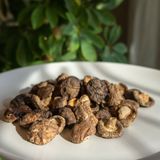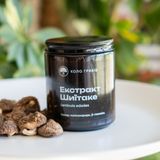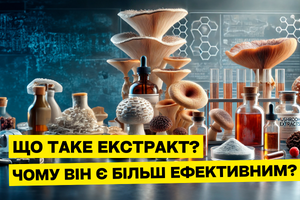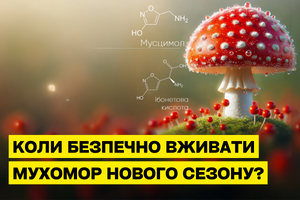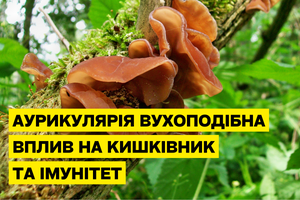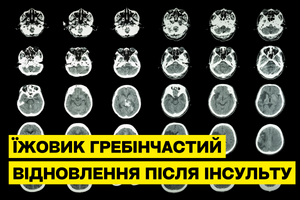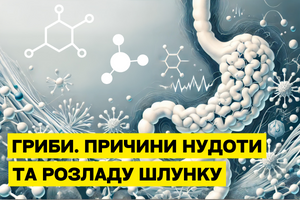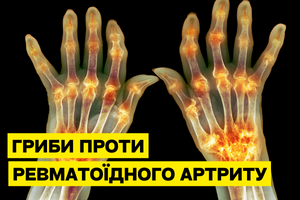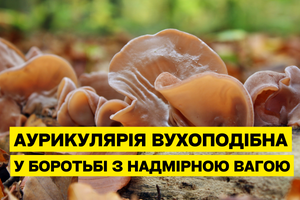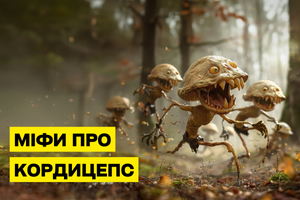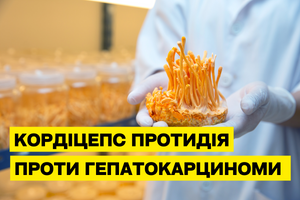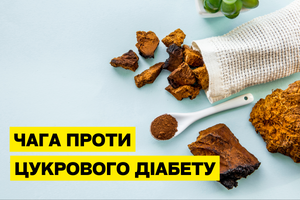Shiitake Mushroom in the Treatment of Rectal Cancer
Continuing to explore the impact of medicinal mushrooms on prevalent diseases of today, this time we want to focus on colorectal cancer. It turns out that, according to statistics, it ranks among the top three most common cancers for both men and women. And, as is often the case, it does not manifest in the early stages; however, it can be detected at the early or even precancerous stages.
In East Asian countries, such as Japan and China, the Shiitake mushroom (Lentinus edodes) has been used for centuries not only as a food product but also as a medicine. It is known for its antifungal, antibacterial, antiviral, antioxidant, immunomodulatory, and antitumor properties.
The primary active compound in shiitake that possesses antitumor activity is lentinan. Lentinan activates the immune response, particularly the T-cell response, helping the body fight tumors. However, recent studies suggest that lentinan may also have a direct antitumor effect by acting directly on cancer cells. This effect is achieved by inhibiting the proliferation of cancer cells and inducing apoptosis (programmed cell death) through the activation of various intracellular mechanisms.
In a study conducted by scientists in Wuhan, China, and published in the journal Oncotarget in 2017, it was shown that lentinan from shiitake could inhibit tumor growth, particularly rectal cancer, both in laboratory conditions (in vitro) and in a living organism (in vivo). It acts on several key mechanisms:
- Inhibition of cancer cell growth: The polysaccharide from shiitake stopped the division and growth of cancer cells, meaning that the tumor could not increase in size.
- Induction of apoptosis (self-destruction of cells): Shiitake forced cancer cells to initiate the process of apoptosis, that is, programmed self-destruction. This helped the body naturally eliminate these cells.
- Activation of caspases: These are essential enzymes that play a key role in the apoptosis process. Shiitake activated these enzymes, which helped initiate the destruction of cancer cells.
- Increasing oxidative stress levels: Shiitake increased the level of reactive oxygen species in the cells, which caused additional stress to cancer cells, pushing them toward self-destruction.
- Inhibition of cancer cell defense mechanisms: Cancer cells have mechanisms that help them avoid apoptosis. Shiitake inhibited one of these mechanisms, allowing the cells to more easily undergo self-destruction.
This study was conducted on mice, and the results showed that shiitake extract inhibited tumor growth by up to 57.9%, which is an impressive result for a natural product.
In another study conducted at the National University of Singapore and published in the Journal of Alternative and Complementary Medicine in 2002, a significant antitumor effect of lentinan was demonstrated when administered orally in mouse models with colon cancer. During the experiments, it was found that lentinan reduced the tumor mass in mice by over 90% compared to the control groups. The researchers noted that the effect of lentinan is predominantly mediated through the immune system. It stimulates T-helper cells (TH1), which release various cytokines such as interleukin-2, interferon-gamma, and tumor necrosis factor-alpha. These cytokines enhance the immune system’s activity, directing it against tumor cells, which significantly slows or halts the development of tumors.
Both studies demonstrate that lentinan from shiitake mushrooms has a powerful antitumor effect and may become a promising alternative to traditional pharmacological agents in the treatment of rectal cancer. Furthermore, shiitake may be used as a preventive measure to reduce the risk of developing tumors.
Another significant study conducted at the Medical School of the University of Texas in Houston and published in July 2011 in the Journal of Parenteral and Enteral Nutrition revealed that patients who received shiitake extract after surgeries for rectal cancer had significantly lower recurrence rates and improved survival compared to those who did not receive the extract. The studies showed that shiitake extract may have a direct impact on cancer cells, slowing their growth and promoting their destruction. Moreover, this extract reduces the side effects of chemotherapy, such as nausea and liver damage, making it a valuable addition to standard treatment.
Thus, it is essential not to forget about timely screening and prevention of colorectal cancer, as well as proper medical treatment. However, shiitake mushrooms can become an indispensable supplement in both the treatment and prevention of this condition.
Don't forget to consult your doctor, take care of yourself, and stay healthy!
You can always purchase medicinal mushrooms in our store.
For each client individually, we draw up instructions according to his indicators and requests
Monthly Course:
- Shiitake whole 100 g - $19
- Extract of Shiitake 90 capsules - $46
Other articles on the topic:
- Shiitake: Benefits and Uses
- What is the difference between dried mushroom and extract?
- What are beta-glucans?
Contact us:






